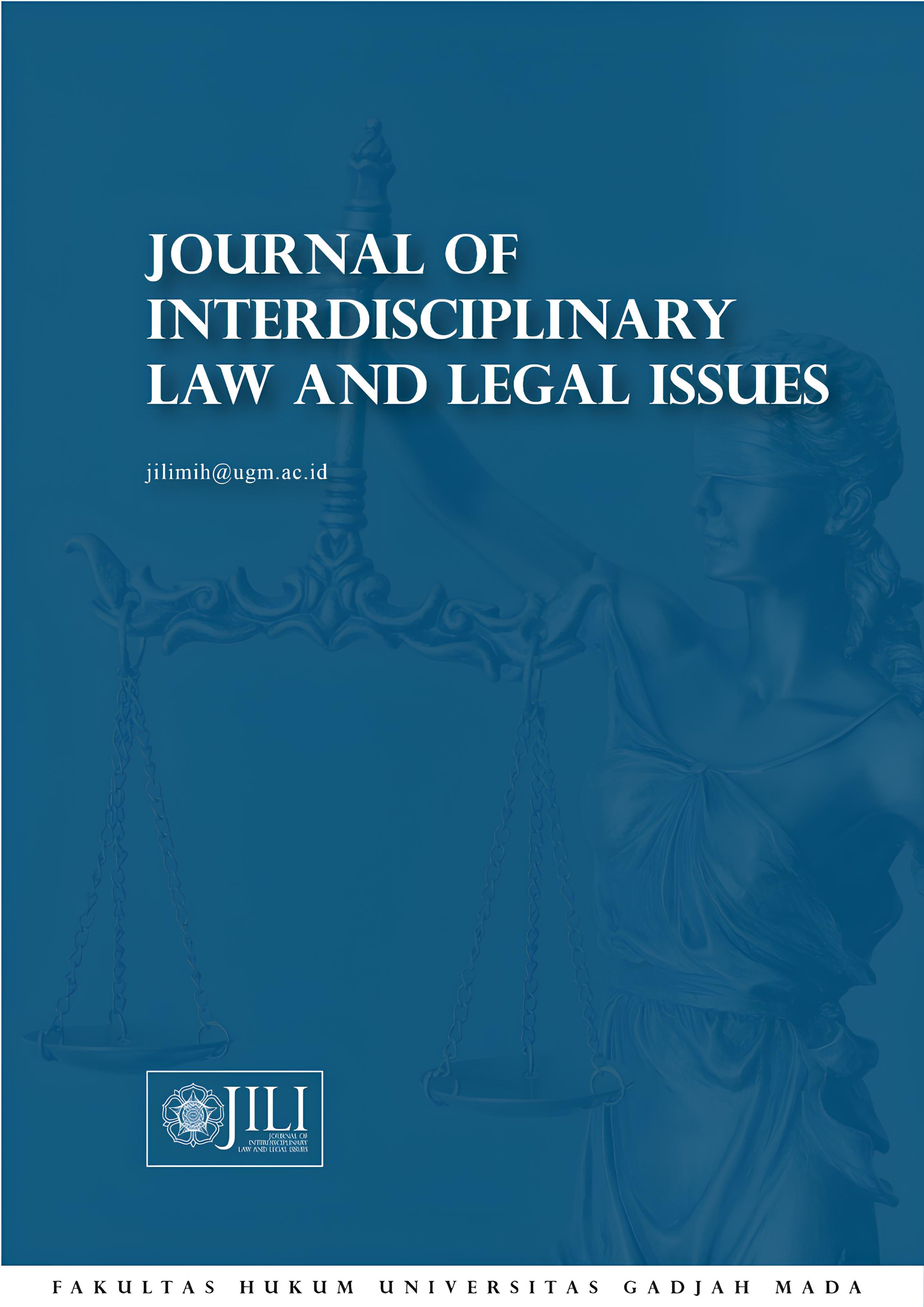DIVERGENCE OF HUMAN RIGHTS INTERPRETATIONS: BETWEEN THE INDONESIAN CONSTITUTION AND INTERNATIONAL REGIME PERSPECTIVES
-
Abstract
Although human rights are validated and legitimized mutually by domestic and international law, different interpretations of institutions in those two legal orders are still possible. Such problems are called “divergence questions.” This Article analyzes the differences in interpretation between two interpretive institutions, namely the Indonesian Constitutional Court (MKRI) and international human rights bodies. This study reviews the MKRI's Decision regarding The Law on the Truth and Reconciliation and the Blasphemy Law cases. These two Decisions indicate divergent interpretations, especially concerning the issue of blanket amnesty and freedom to manifest religion. The Author argues that this divergence can occur due to two factors, id est: (1) extensive interpretations by international interpretive institutions, which do not always gain acceptance by States, and (2) the clash of ideologies surrounding Indonesian constitutional thinking, in which liberalism –as a political idea that is closely related to human rights– tends not to attain a significant position compared to its competing thoughts, such as integralism.
Copyright (c) 2024 Abdul Munif Ashri

This work is licensed under a Creative Commons Attribution 4.0 International License.
1. The manuscript that enter the Journal collection are owned and held by Journal of Interdisciplinary Legal Issue (JILI).
2. The copyright of chosen manuscript will be turned into JILIs as the Journal manager.
3. Authors may use some datas or manuscript's parts that have been published by JILI with listing JILI as first publisher, but the author is not entitled to publish the entirety of the manuscript to the other publisher or journal.
Authors are expected to fill out and agree to copyright transfer agreements along with manuscript collection. Copyright transfer agreements can be accessed by "Clicking this link"


